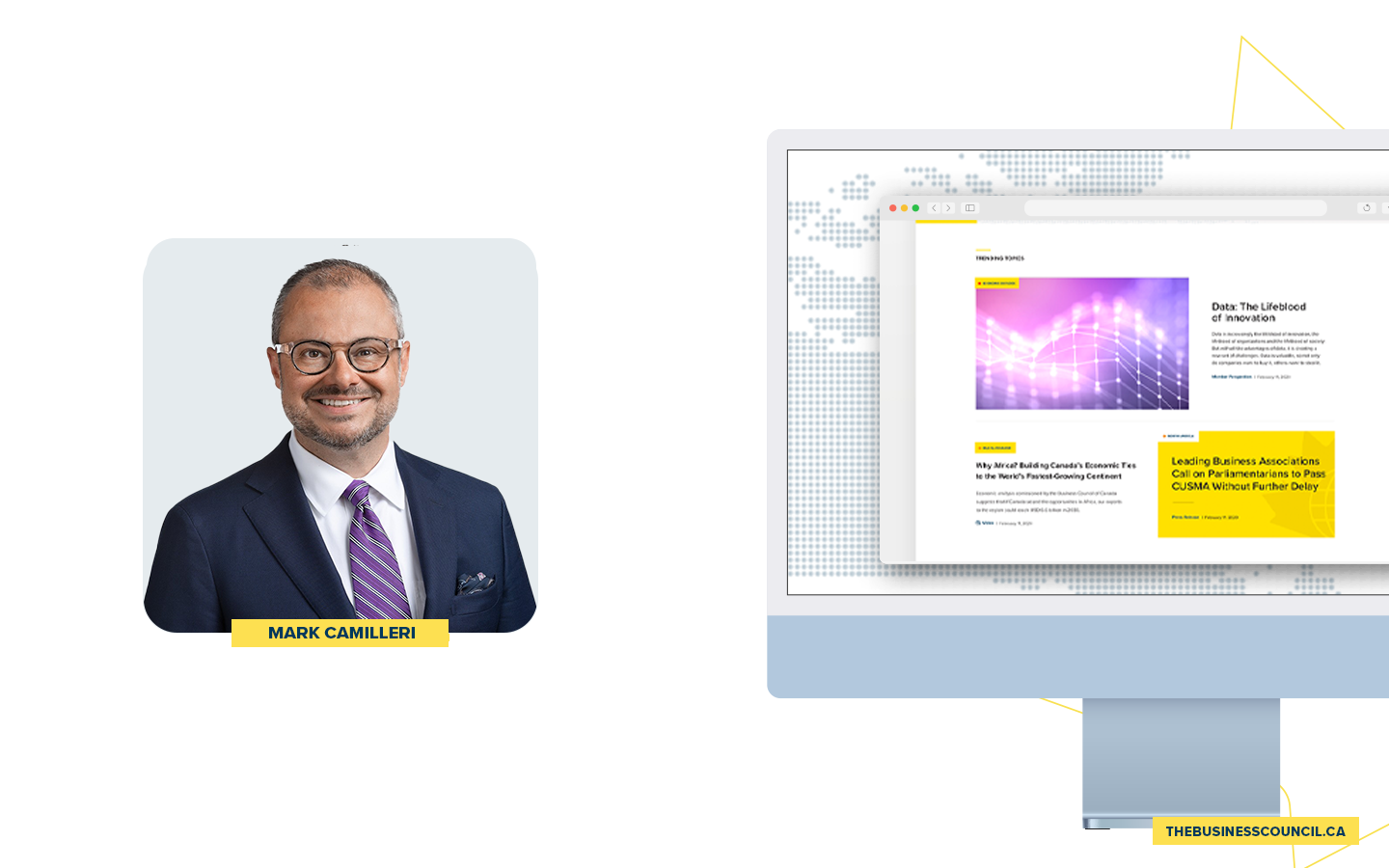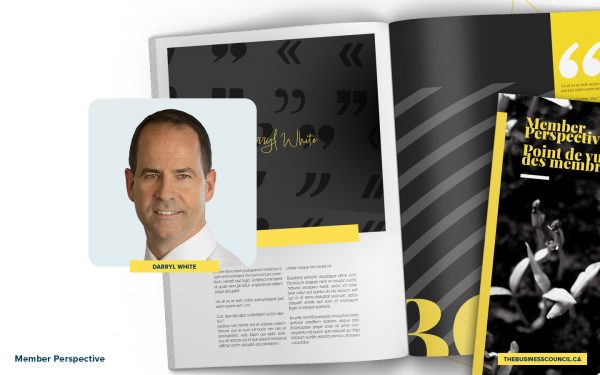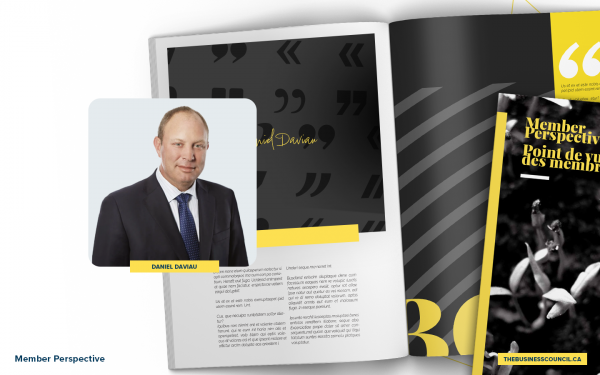Enhancing Canada-Europe Ties in a Changing Global Landscape
As published in The Centre for International Policy Studies
At the centre of the Canada-EU political and economic relationship is the Comprehensive Economic and Trade Agreement (CETA). Since entering into force in September 2017, CETA has been credited with boosting trade flows and supply chain linkages. Trade in goods and services between Canada and the EU has increased by well over 30 percent since 2016. By conventional measures, CETA is a success.
Nevertheless, in response to the Covid-19 pandemic, Russia’s invasion of Ukraine, the geo-economic rivalry between China and the United States, the digitalization of the economy, and climate change pressures, Canadian and European businesses, particularly small and medium-sized enterprises (SMEs), face a rapidly evolving and increasingly complex legislative and regulatory environment on both sides of the Atlantic that undermines the open access offered by CETA.
On the European side, the EU has adopted and proposed a flurry of laws and regulatory measures in recent years with a staggering 221 files currently working through its legislative processes. While most of these laws are aimed for the internal EU market, many are designed to initiate a wider global “race to the top”.
Given its significant market power (the EU is the second largest economy in the world after the US), EU rules are not easily avoided. Indeed, EU rules are often voluntarily adopted and applied outside the EU by companies, a phenomenon Columbia University professor, Anu Bradford, has coined the “Brussels Effect”.
While a champion of open and multilateral trade, the EU is also increasingly adopting rules aimed at protecting its own internal market from what it perceives as unfair competition.
A notable example of the EU’s efforts to encourage higher environmental standards while also protecting its industry, is its Carbon Border Adjustment Mechanism (CBAM), now in force. The CBAM is a deliberate attempt to show the EU’s leadership in the green transition while, at the same time, protecting its own internal market from imports from jurisdictions with what it sees as lower ESG (Environment, Social and Governance) standards.
More recently, and as part of a wider economic de-risking strategy, the EU is adopting industrial legislation to support its own industrial base and ensure access to critical raw materials: namely, the Net Zero Industry Act (NZIA) and the Critical Raw Materials Act (CRMA).
A key pillar of the EU’s de-risking agenda and, specifically, the NZIA and the CRMA, is the need for international partnerships with reliable partners to secure raw materials as well as promote a more sustainable model of industrial development. These partnerships are part of the international leadership that the EU is intent on exercising.
Given Canada’s rich mineral endowment, its focus on creating a net-zero economy by 2050, coupled with the fact that it is seen as a “like-minded partner”, it is little surprise that Canada is seen as not just as an important but a key strategic partner for the EU in both political and economic terms.
It is therefore more important than ever to use CETA effectively to protect and position Canada for future opportunities in the EU, as well as beyond. This is because CETA does not just address at-the-border trade issues (such as tariffs) but focuses on beyond-the-border impediments to international trade – namely, rules and regulations.
As such, CETA serves not just as a trade agreement but as a platform for mutual prosperity by sharing knowledge and experiences to develop new solutions to common problems, in addition to minimizing regulatory and administrative disparities that impede trade and investment between Canada and the EU.
As a platform for collaboration, CETA’s extensive institutional framework must involve all relevant stakeholders (in particular, the private sector, which is CETA’s main user) to a greater extent than it does currently in consultations and decision-making.
Canadian and European authorities should ensure that CETA’s committees and dialogues meet regularly and transparently to address not only technical barriers to trade and investment but also the most critical (i.e. strategic) issues affecting the Canada-EU relationship. This would help respond to a rapidly evolving economic and regulatory environment in a timelier fashion. That way, CETA would realize its original ambition and become an even bigger success.
As we look towards the upcoming Canada-EU leaders’ summit, Canadians should recognize the strategic importance of Canada-EU economic relations in the current global context. The challenges that both partners face are substantial, but so are the opportunities for growth and cooperation. The summit provides a unique opportunity to address these challenges and fortify the economic and political partnership between Canada and the EU. And CETA remains a key tool in strengthening our ties in a rapidly evolving global landscape.








